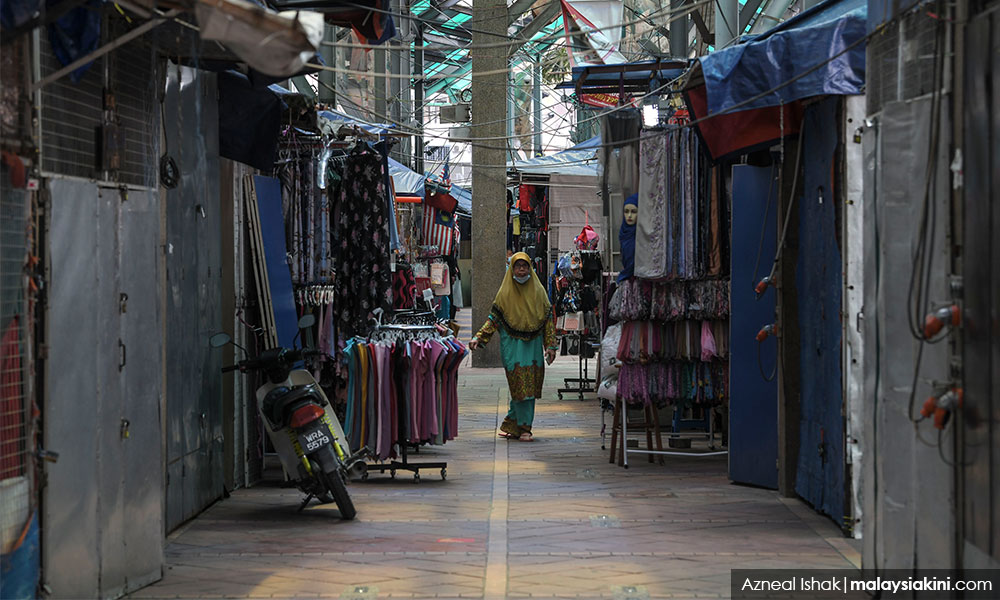The challenges faced by small and medium enterprises (SMEs) have become more apparent, as evident in their ability to maintain business operations.
If not dealt with, this matter can threaten the economy and society, considering that SMEs make up 97.2 percent of business establishments and contribute 38.2 percent to the gross domestic product in 2020.
Therefore, experts opined that the latest announcement on electricity and water tariffs is timely in helping SMEs cope and maintain costs.
This is amid various compounded pressures already felt by the sector, such as soaring raw materials and goods prices.
Natural Resources, Environment and Climate Change Minister Nik Nazmi Nik Ahmad yesterday said low voltage tariff users such as micro SMEs (MSME) will not see a tariff increase as the 3.7 sen/kWh surcharge is maintained.
Meanwhile, non-domestic users with medium voltage (MV) and high voltage (HV) usage from the industry will enjoy a reduced surcharge rate of 17 sen/kWh from 20 sen/kWh.
This means these categories of electricity users could enjoy lower electricity bills of between 28 percent and 35 percent per month.
Profit used to cover cost
Geostrategist Azmi Hassan told Bernama that most SMEs, mainly MSMEs, cannot allocate funds for operating expenses and have to use their small profits to cover the costs.
He believes the government’s move to not raise the electricity tariff for non-domestic users in the low voltage tariff category will positively impact the targeted sector.
“Those who can generate high margins have a special allocation for overhead operations and fuel, but not MSMEs. If the cost of electricity goes up, for example, they have to take it from the profits to cover the increase.
“Hence, electricity rates are now based on appropriate usage, whether they use high or low voltage to suit their company’s profit margins,” he added.

Azmi said that the bulk of SMEs' operational costs is fuel and electricity.
“Therefore, I hope that companies which get a reduction in electricity charges can pass on the savings to consumers through price reductions.
“As the minister said, the purpose of electricity charges reduction is so that inflation contributed by SMEs, such as the price of food, groceries, services, and hotels, among others, can be reduced as their costs are reduced.
“If those savings are not channelled, then the target to lower inflation will not be achieved,” he explained.
Fiscal target concerns
Meanwhile, Putra Business School economic analyst Ahmed Razman Abdul Latiff pinpointed that the new electricity subsidy announcement is crucial and much needed at this point in time.
However, he said this may cause some concerns over the government’s ability to achieve its fiscal consolidation targets.
“There could be a cause for concern over the ability to achieve a balanced fiscal, but some domestic consumers no longer enjoy low electricity tariffs, which gives some savings to the government.
“At the same time, we also see that the average fuel price has decreased slightly and this enables the government to save subsidies for electricity,” Razman said.
He is confident more savings can be achieved when a targeted subsidy mechanism is launched next year.
Initiatives by the government include direct financial assistance, tax reduction and guarantees on loans to aid businesses.
- Bernama




No comments:
Post a Comment
Note: Only a member of this blog may post a comment.